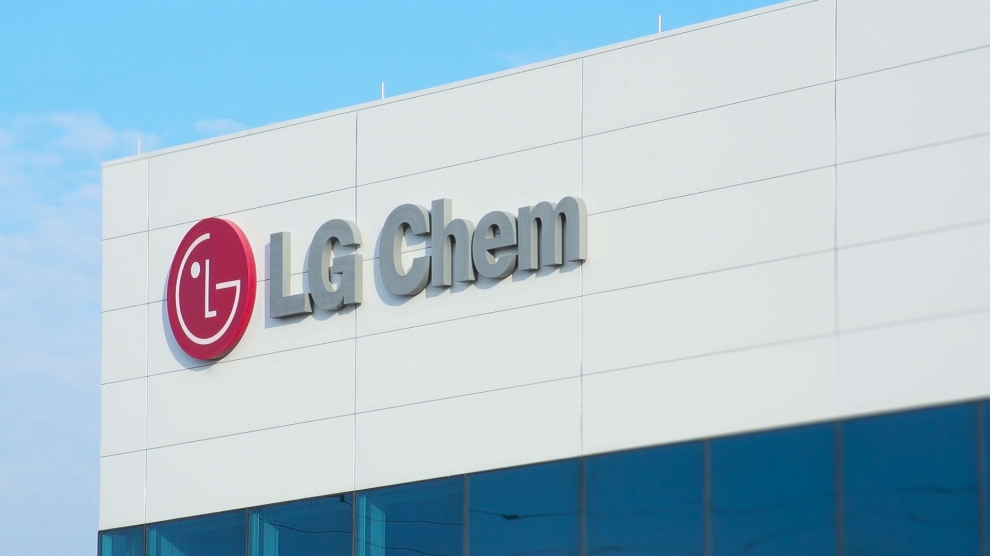Contrary to the media narrative across emerging Europe (and, indeed, much of the world), that coronavirus is the only story in town, there are still a number of major business deals being done.
Last week, the European Union’s bank, the European Investment Bank (EIB) signed a loan agreement worth 480 million euros with LG Chem Wrocław Energy, the Polish subsidiary of the LG Chem Group that was established to develop the group’s battery production facility in Europe.
The financing will be used for the construction and operation of highly automated and innovative manufacturing facilities for advanced lithium-ion (li-ion) cells and batteries for battery-powered electric vehicles (BEVs). The EIB financing will cover around a third of the total project costs, estimated at 1.5 billion euros. The remainder will come from the company’s own resources and from other financing sources.
The additional manufacturing facilities will be located on the industrial site of LG Chem Wrocław Energy in southwest Poland.
The project supplements smaller production facilities on the same site and introduced several innovations, including a fully smart factory with several newly developed cutting-edge technologies to mass-produce the latest generation of high energy density li-ion electrodes, cells, modules and battery packs, thereby significantly improving energy density, fast-charging capability, safety and cost efficiency.
The EIB-backed project will have an annual production capacity of over 35 GWh, which can potentially power more than 500 000 zero-emission electric cars per year and therefore contribute to the transition from fossil fuel-powered internal combustion engine-based vehicles toward electromobility and sustainable transport.
Teresa Czerwinska, vice-president of the European Investment Bank, who oversees operations in Poland, said: “This first EIB operation with LG Chem Wrocław Energy is significant for many reasons. It helps Europe to build a critical mass in electric vehicle battery production at a pivotal time of electric vehicle commercialisation in Europe; it promotes a shift to electromobility and to a greener automotive industry; and it helps create new qualified jobs in an industrial region in transition to a new economic model. Today’s operation proves that with the right partners and the right projects in place we can combine cohesion objectives with innovation and strong climate action.”
“This loan provides our company with the resources to create a competitive battery value chain in Europe and Poland,” added Jeong Joon Ha, CFO of LG Chem Wrocław Energy. “Furthermore, it enables the group to take the lead in terms of growth of the European battery market and community development.”
LG Chem’s increasing commitment in Europe and in Poland is expected to positively contribute to the development of the European electric vehicles battery market. This includes a potential expansion of the relevant supply chain and the accumulation of critical knowledge, particularly in the area of battery production technologies, creating an eco-system that will help develop innovative solutions for this emerging industry in Europe.
The investment has already attracted over a dozen specialised component suppliers and service companies to set up shop in the region with a view to supplying LG Chem as well as other industrial players. Moreover, the company plans to further enhance existing cooperation programmes with the Technical University of Wrocław for developing dedicated studies, internships and training. In parallel, the company will expand its technology centre in Wroclaw in order to further improve production processes and develop next generation batteries.
The implementation of the new investment programme will enable the company to ramp up its battery capacity output to around 65 GWh, making the Polish facility one of the largest lithium-ion cell factories in the world. Moreover, more than 1,800 jobs will be created at the Wrocław site, taking the total workforce up to more than 6,000 full-time employees by end-2022.







Add Comment